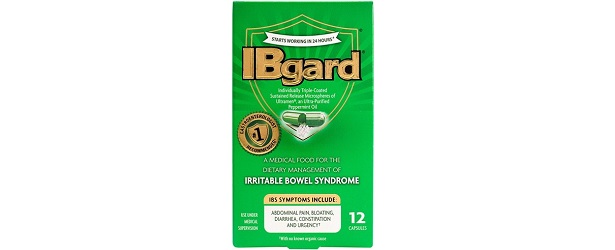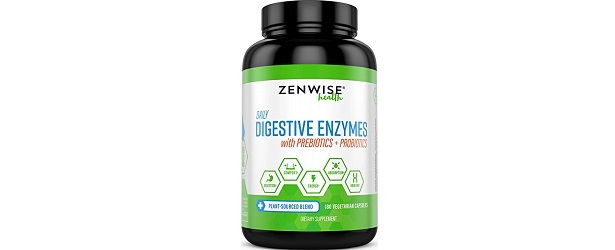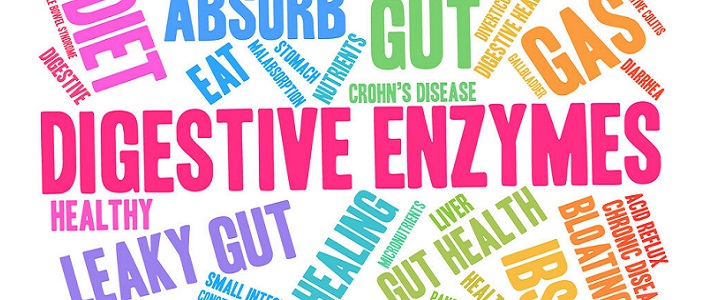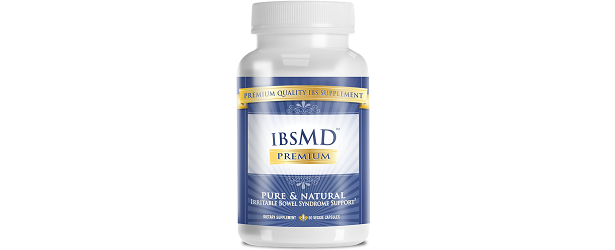
Can Eating Yogurt Help IBS?
IBS or Irritable Bowel Syndrome is estimated to affect anywhere from 10 to 15 percent of the American population but only a fraction will seek a diagnosis or treatment. The exact cause of IBS is unknown but it is a disorder that affects the large intestine, also known as the colon. Researchers suspect that it may be caused by faulty communication between the brain and intestinal tract. IBS occurs when muscles lining the small intestine do not contract and relax in a coordinated manner. Symptoms include stomach pain and cramping, constipation, diarrhea, gas, bloating, food intolerance, changes in bowel movements and depression. Some will find that changing their diet will help manage their diet but many will take medication to get their symptoms under control. Recently, studies have shown that eating yogurt that has probiotics can possibly help get symptoms of IBS under control. Continue reading to learn more.
What are Probiotics?
Although bacteria have often been associated with being detrimental to your health, probiotics are a type live “good” bacteria and yeast that are good for you health, especially your digestive system. Probiotics are thought to keep you healthy by replacing the “good” bacteria in your body. This is especially important after taking antibiotics, as probiotics can help replace them. They can also help restore a balance to your digestive tract by balancing your “good” and “bad” bacteria. There are two main types of probiotics, Lactobacillus and Bifidobacterium. Lactobacillus is the more common type of probiotic that can help people with diarrhea and people who are lactose intolerant. You can find the min yogurts. Bifidobacterium is found in dairy products and are believed to help ease symptoms of IBS. Research also indicates that taking probiotics may also be helpful for skin conditions, urinary and vaginal health, oral health, allergies, and colds.
How Can Eating Yogurt Help?
A study done in which patients consumed a probiotic yogurt every day for four showed that stomach distention was reduced by up to 78 percent in 34 women. The study also showed that patients who ate yogurt with probiotics had improved gastrointestinal transit time. Patients also reported experiencing relief from abdominal pain and cramping. The yogurt contains Bifidobacterium Lactis which is a bacteria that supports stomach health. It can be found in various yogurt brands across the market. You can identify yogurts containing probiotics by their seal. In order to obtain this seal, a manufacturer must provide evidence that their product contains at least 100 million CGU per gram.
The bottom line regarding whether or not yogurt can be beneficial for someone with IBS is that it depends on each individual. Research has indicated that having probiotic yogurt can decrease symptoms of IBS and can improve overall digestion but because every person can have individual triggers and reactions to different foods, the results can vary according to each person. If you are suffering from IBS but are not triggered by eating dairy, trying a probiotic yogurt is definitely worth it exploring. Talk to your doctor about making a plan to get your IBS symptoms under control.
TOP 5
IBSTreatments |
|||||
| IBS Clear | BioGanix BioZyme Digestive Enzymes | Nature's Sunshine Food Enzymes | Herbs of Gold IBS Advanced | Kijimea IBS | |
|---|---|---|---|---|---|
| 1 | 2 | 3 | 4 | 5 | |
| Price (1 bottle) Price (6 bottles) best value |
$49.95 $139.70 |
$45.95 $183.80 |
$39.95 $239.70 |
$39.95 $239.70 |
$42.94 $257.64 |
| Overall Rating | 98.7% | 82.00% | 71% | 64% | 61% |
| Effectiveness |





|





|





|





|





|
| Speed of Results | Extremely Fast | Fast | Good | Average | Slow |
| Quality of Ingredients | Premium | Good | Good | Average | Average |
| Customer Satisfaction Evaluation | 99.50% | 81% | 79% | 72% | 68.2% |
| Safety Evaluation | Safe for Use | Safe for Use | Safe for Use | Safe for Use | Safe for Use |
| Customer Service Rating |





|





|





|





|





|
| Reorder Rate | Highest | Good | Average | Good | Average |
| Return Policy | Risk Free | Unused | Risk Free | Unused & Unopened | No |
| Success Rate | 99.60% | 83% | 77% | 71.20% | 69.2% |

 Subscribe Now
Subscribe Now











